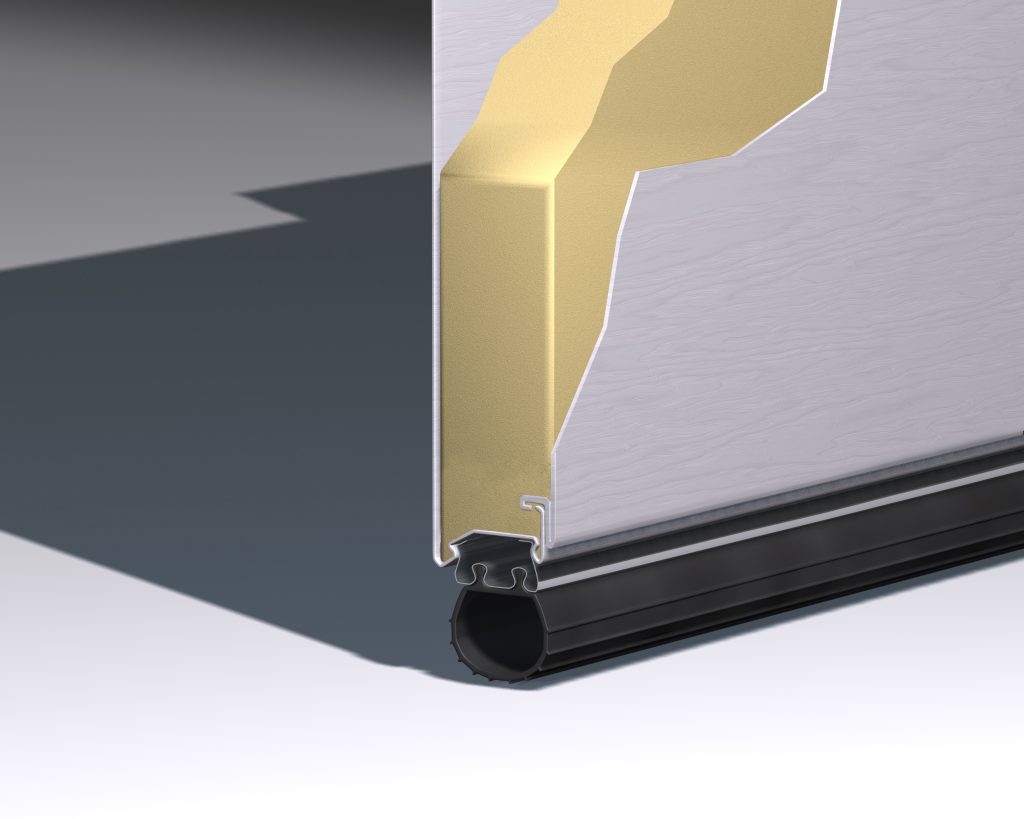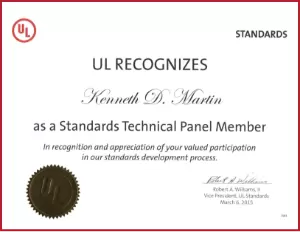
Decisions Decisions On Buying A Garage Door
Not only do you have to pick a style, color, metal or nylon rollers, steel door vs aluminum door, and the company to install it, but you will also need to decide if you need or want an insulated door or a non-insulated door.
Here are some of the Top Reasons to Buy an Insulated Garage Door vs Non-Insulated Garage Door:
Energy Efficiency: Insulated garage doors provide better thermal insulation, helping to maintain a more stable temperature inside the garage. This is particularly beneficial if your garage is attached to your home, as it can help reduce heat loss in the winter and heat gain in the summer. As a result, you may see lower energy bills due to reduced heating and cooling costs.
Temperature Regulation: Insulated garage doors help to regulate the temperature inside the garage, creating a more comfortable environment for any activities you may undertake in the space, such as woodworking, car maintenance, or using it as a home gym. It also helps protect temperature-sensitive items stored in the garage, such as paint, tools, or electronics, from extreme temperatures.
Noise Reduction: Insulated garage doors typically have better soundproofing properties compared to non-insulated doors. This means they can help reduce noise transmission both into and out of the garage, providing a quieter environment for your home and neighborhood. This is particularly beneficial if you have a bedroom or living space above or adjacent to the garage.
Durability and Longevity: Insulated garage doors are often constructed with thicker and more durable materials, making them more resistant to dents, dings, and other forms of damage. Additionally, the insulation helps to reinforce the door structure, making it more robust and less prone to warping or sagging over time. This can result in a longer lifespan for the door, reducing the need for frequent replacements or repairs.
Curb Appeal and Resale Value: Insulated garage doors often have a more attractive appearance compared to non-insulated doors, with a wider variety of styles, colors, and finishes available. Investing in an insulated door can enhance the overall aesthetic of your home’s exterior, increasing its curb appeal and potentially boosting its resale value.

The bottom line, while both insulated and non-insulated garage doors serve the primary function of providing access to your garage, insulated doors offer additional benefits such as energy efficiency, temperature regulation, noise reduction, durability, and enhanced aesthetics, making them a worthwhile investment for many homeowners who plan on owning the home long term.
Steel Door Verses An Aluminum Door
More decisions associated with insulated vs non-insulated garage doors. Although there are several materials garage doors are made from, the most popular are Steel and Aluminum. So, another factor in the choice of a garage door is whether I should get a steel door or an aluminum door. Choosing between a steel garage door and an aluminum garage door depends on several factors, including your specific needs, preferences, and budget. Here are some points to consider each type of door when making this decision:
Steel Garage Door
Strength and Durability: Steel garage doors are generally stronger and more durable than aluminum doors. They are less likely to dent or sustain damage from impacts, making them a good choice if you live in an area prone to severe weather or have concerns about security.
Insulation Options: Steel garage doors typically offer better insulation options compared to aluminum doors. Insulated steel doors can help improve energy efficiency, regulate temperature, and reduce noise transmission, making them suitable for attached garages or if you spend a lot of time in the garage.
Variety of Styles: Steel garage doors come in a wide range of styles, designs, and finishes, allowing you to find one that complements your home’s architecture and enhances its curb appeal. You can choose from traditional raised-panel designs to modern, contemporary styles.
Maintenance: While steel garage doors are durable, they may require occasional maintenance to prevent rust or corrosion, especially in areas with high humidity or salt exposure. However, many steel doors come with factory-applied finishes or coatings to protect against rust and reduce maintenance requirements.
Aluminum Garage Door
Lightweight: Aluminum garage doors are lighter in weight compared to steel doors, which can make them easier to install and operate. This can be beneficial if you have a manual garage door or if you prefer a door that puts less strain on the garage door opener.
Rust Resistance: Unlike steel, aluminum is naturally resistant to rust and corrosion, making aluminum garage doors a good choice for coastal or humid environments where moisture exposure is a concern. They require minimal maintenance to keep them looking new.
Modern Aesthetic: Aluminum garage doors often have a sleek, modern appearance that complements contemporary architectural styles. They are available in a variety of finishes, including anodized or powder-coated options, allowing for customization to match your home’s exterior.
Limited Insulation: While some aluminum garage doors offer insulation options, they generally provide less insulation compared to steel doors. This may not be ideal if you use your garage as a living space or if energy efficiency is a priority.






